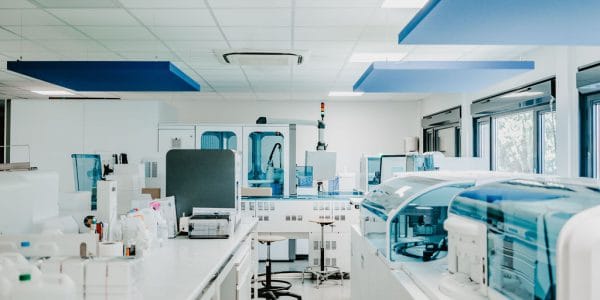POPs - PAHs - Perfluorinated compounds
Persistent organic pollutants (POPs) are toxic chemicals that adversely affect human health and the environment around the world. Because they can be transported by wind and water, most POPs generated in one country can and do affect people and wildlife far from where they are used and released. They persist for long periods of time in the environment and can accumulate and pass from one species to the next through the food chain.
Initially, 12 POPs have been recognized by the Stockholm Convention as causing adverse effects on humans and the ecosystem and these can be placed in 3 categories:
- Pesticides: aldrin, chlordane, DDT, dieldrin, endrin, heptachlor, hexachlorobenzene, mirex, toxaphene;
- Industrial chemicals: hexachlorobenzene, polychlorinated biphenyls (PCBs);
- By-products: hexachlorobenzene; polychlorinated dibenzo-p-dioxins and polychlorinated dibenzofurans (PCDD/PCDF), and PCBs.
Then 16 newly chemicals added to the Stockholm Convention including Dicofol, Perfluorooctanoic acid (PFOA), its salts and PFOA-related compounds, Perfluorooctane sulfonic acid (PFOS), its salts and perfluorooctane sulfonyl fluoride (PFOS-F), DecaBDE, SCCP, HCBD.
Affinisep provides a wides range of solution for analysis of POPs such as:
- Polycyclic aromatic hydrocarbons (PAHs)
- Perfluorinated compounds (PFCs)
- Polychlorinated biphenyls (PCBs)
